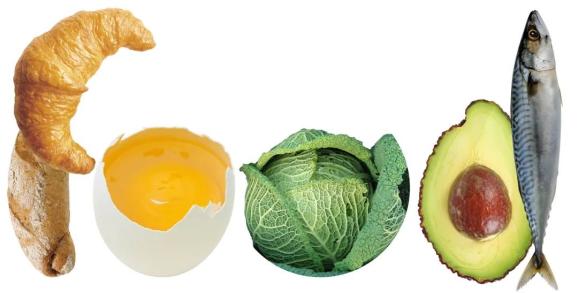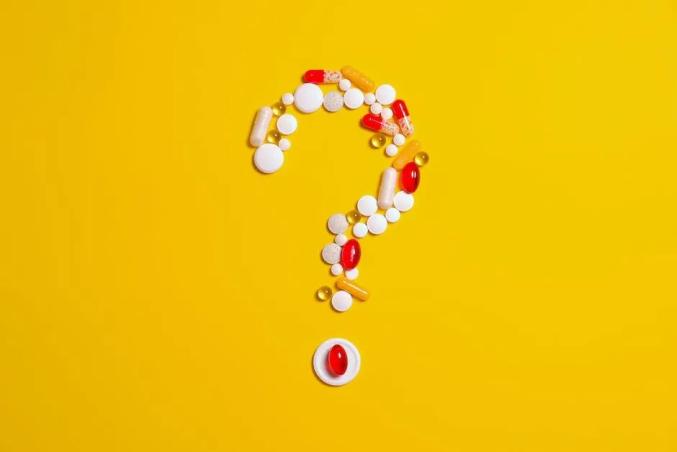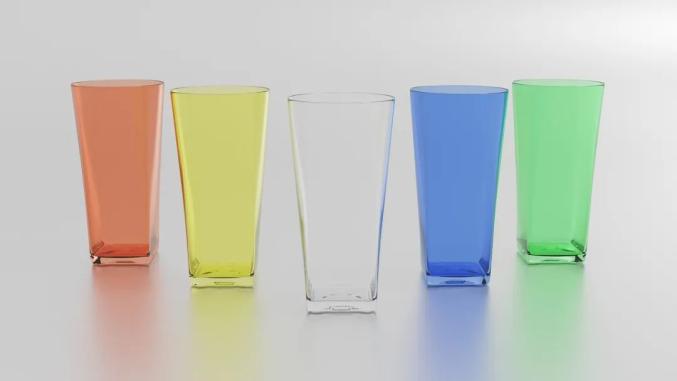Summary of 7 nutrients and nutritional diet needed by human body
Original clinical nutrition network
Author: Plain dust-free
Postdoctoral fellow, University of California San Diego Cancer Center. Nutritionist, food safety engineer
Washington University in St Louis, graduate student in public health, pre-medical doctor. Doctor of Public Health from Louisiana State University Health Sciences Center, and Delta Omega Doctoral Award, one of the highest honors of American public health graduates. "China Clinical Nutrition Network" signed a dietitian
His main research interests are smoking cessation, alcohol withdrawal and marijuana withdrawal, nutrition and chronic diseases, and cancer prevention and control.
The article was first published in big doctor magazine, and was revised by the author and then pushed again.
China Clinical Nutrition Network has been authorized to reprint
Nutrients are various substances needed by the human body, which support the growth, development and normal physiological functions of the human body. The nutrients needed by the human body can be roughly divided into seven categories. In the past, we used 15 issues to introduce the physiological functions, excess and deficiency, food sources and hot topics of seven nutrients in detail.
The following is a brief summary of them and a link to introduce each nutrient in detail (click the title to enter directly):
General introduction
The first issue:

(Image from WeChat public platform public photo gallery)
1. protein
An important component of the human body, used to repair and build body tissues, is also the main component of enzymes, hormones and antibodies. Protein is rich in meat, eggs, beans, nuts and seeds.
Phase II:

(Image from WeChat public platform public photo gallery)
2. Fat
Provide energy for the body and help absorb fat-soluble vitamins. It includes saturated fat, monounsaturated fat and polyunsaturated fat. Healthy sources of fat include fish, nuts, seeds and olive oil.
The third issue:

(Image from WeChat public platform public photo gallery)
3. carbohydrates
The main energy source of the human body. It includes sugar, starch and fiber. Whole grains, vegetables, fruits and beans are good sources of carbohydrates.
Phase IV: Phase V:

(Image from WeChat public platform public photo gallery)
4. vitamins
Nutrients that the human body cannot make by itself and must obtain from food or supplements. They contribute to various physiological functions of the body, including immunity, vision and bone health. Vitamins are mainly obtained by eating fresh vegetables, fruits and whole grains.
Issue 6: Issue 7: Issue 8:

(Image from WeChat public platform public photo gallery)
5. minerals
It is very important for bone health, muscle function, nerve conduction and some biochemical reactions. Foods rich in minerals such as fresh vegetables, fruits, whole grains, nuts and seeds.
Issue 9: Issue 10: Issue 11: Issue 12:

(Image from WeChat public platform public photo gallery)
6. Dietary fiber
Although they are not absorbed by human body, they have many health benefits, including improving digestion, preventing constipation, controlling blood sugar and reducing the risk of heart disease. Dietary fiber mainly comes from vegetables, fruits, whole grains and beans.
Issue 13:

(Image from WeChat public platform public photo gallery)
7. Water
The main component of the human body is vital to the functions of all body systems, including temperature regulation, waste removal and transportation of nutrients.
Issue 14: Issue 15:

(Source: WeChat public platform public photo library)
Attachment: Nutritional catering
Why do people eat so many kinds of food every day? Because the body needs balanced nutrients! Every food contains different nutrients, so we need to take them from different foods. Generally, weight catering method and energy catering method can be used.
Issue 16: Issue 17: In the next series, we will use 10 issues to introduce nutrition and health in different life cycles, including the potential impact of newborn birth weight on health, eating and sleeping of babies, health and nutrition needs of children and adolescents, and nutrition needs and health management in early, middle and late adulthood. Regarding the life cycle, if you have any special topics you want to know, please leave a message.
Original title: "[Popular Science Nutrition] A summary of the seven nutrients and nutritional meals that the human body needs! 》
Read the original text